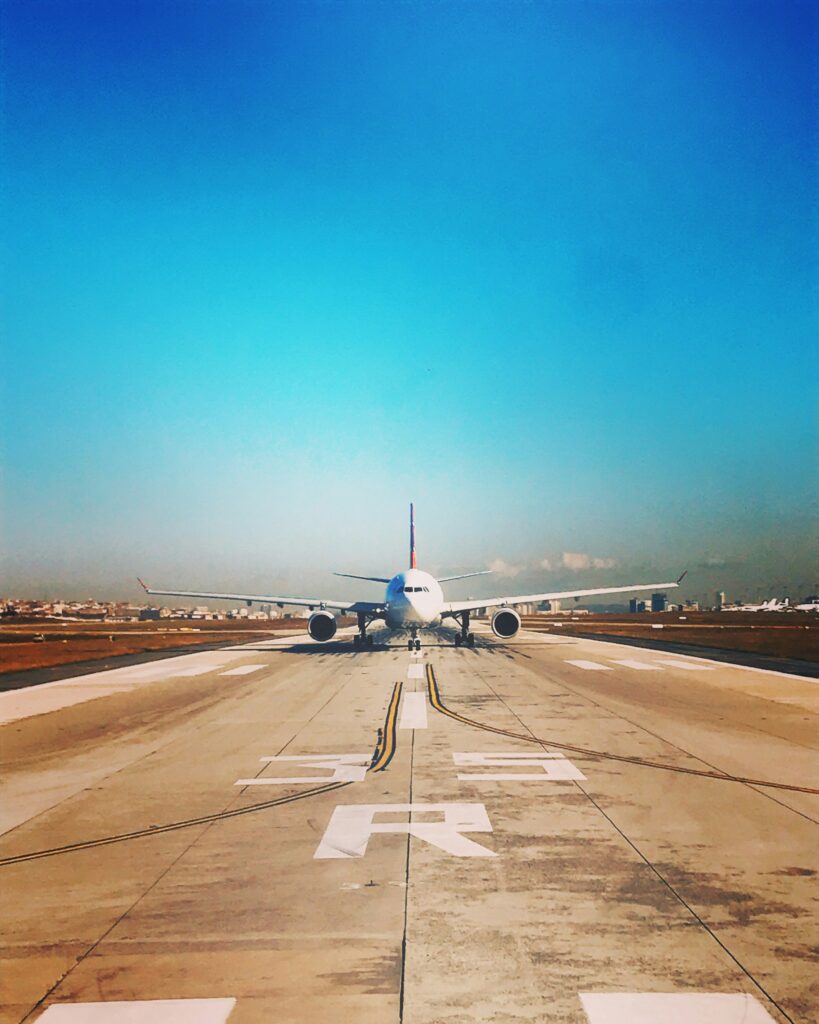Two changes in the travel industry that you need to know about:
Now in Effect – New Airline Refund Rules
Coming in May 2025 – New Entry Requirements for European Travelers
What to Know before you Go

DOT’s New Airline Rule Now In Effect
Automatic Refunds for Significant Flight Disruptions
Good news for anyone who has experienced the frustration of delays, cancellations and lost bags. That’s pretty much anyone who has ever traveled….
What you need to know
The new airline rule aims to streamline the process for passengers affected by delays or cancellations.
Here’s a breakdown of what this means
Significant Disruptions: No more arbitrary decisions by the airlines as to what constitutes a significant travel disruption. The new rule clearly defines what constitutes a significant delay – When departure or arrival is delayed by three hours for domestic flights and six hours for international flights.
Automatic Refunds: No more time wasted on the phone or online trying to receive compensation and track down receipts. Under the new rules, refunds are to be automatic, without passengers having to request them, making it easier for travelers to get their money back. Refunds will be made in full, less the value of any transportation already used. Airlines and ticket agents must provide refunds in the original form of payment, whether by cash, credit card or airline miles. Refunds are due within seven days for credit card purchases and within 20 days for other payments.
Passengers facing other itinerary changes, such as being downgraded to a lower service class, are also entitled to refunds.
Passengers with significantly delayed bags will get checked bag fees refunded.
Overall, this regulation is designed to enhance transparency and accountability in the airline industry, improving the travel experience during unexpected changes.
A win for all travelers!
Heading To Europe In 2025? You’ll Need This New Travel Document
Starting in May 2025, travelers to most of Europe will need a European Travel Information and Authorization System (ETIAS) to enter the country. The new requirements are being established to help “identify security, irregular migration or high epidemic risks posed by visa-exempt visitors,” according to the European Commission website.
Application
To apply for an ETIAS, you’ll need:
A valid passport that’s valid for more than three months
An email address
A completed online application form
Payment of a nonrefundable €7 fee, unless you’re under 18 or over 70
Application process
The application process takes about 20 minutes, but may vary depending on how many additional fields you need to fill out. The EU recommends submitting your application at least 96 hours before departure.
Approval
In many cases, you’ll receive an approval decision within minutes. In most other cases, you’ll be notified within 96 hours. If more information is required, the approval process may take up to four weeks.
Validity
The ETIAS travel pass is valid for three consecutive years.
You can expect to be denied entry to the EU or not allowed to board flights to Europe if you don’t have an ETIAS.
How To Apply for ETIAS
U.S. citizens traveling to Europe can apply on the ETIAS website when its application section becomes operational. To stay informed, you can sign up for email updates on the website.
Which Countries Require the ETIAS Travel Authorization?
Thirty European countries will require the ETIAS authorization in 2025. They are:
Austria
Belgium
Bulgaria
Croatia
Cyprus
Czech Republic
Denmark
Estonia
Finland
France
Germany
Greece
Hungary
Iceland
Italy
Latvia
Liechtenstein
Lithuania
Luxembourg
Malta
Netherlands
Norway
Poland
Portugal
Romania
Slovakia
Slovenia
Spain
Sweden
Switzerland
